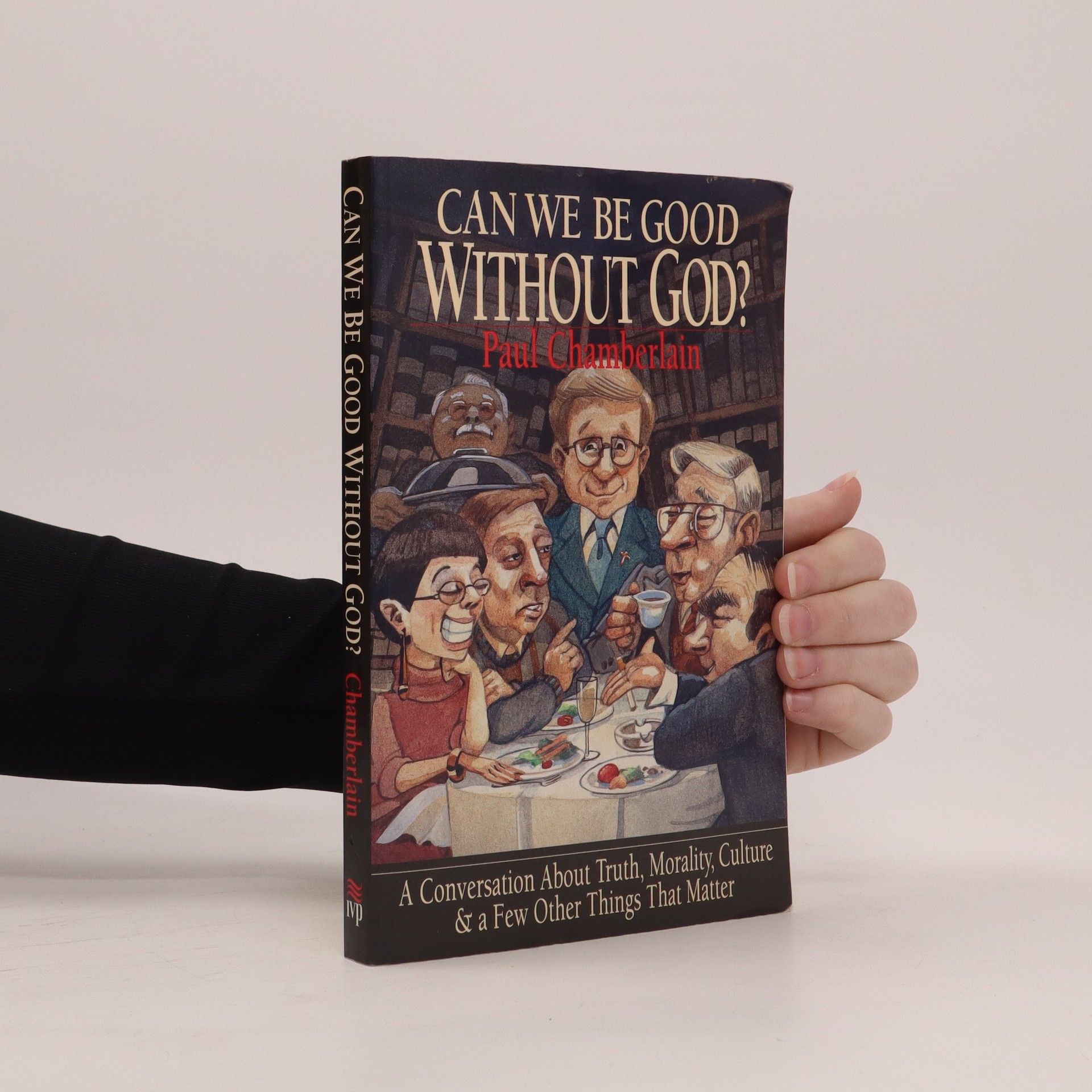EVERYDAY APOLOGETICS
- 240pages
- 9 heures de lecture
Objections to the Christian faith are not new. The ability to boldly proclaim the old faith to a post-Christian culture is.In an era where access to objections and arguments is easier than ever, everyday Christians need to be prepared with strong, clear responses. In Everyday Apologetics, readers will be equipped with answers to some of Christianity's most difficult objections: Why is the God of the Old Testament so violent? Are science and faith in fundamental conflict with one another? The contributors take up these questions, and more, helping Christians be strengthened in their faith, while also providing powerful answers to opponents of the Christian faith.With a clear, inviting, winsome style, Everyday Apologetics is for everyone: Christians, skeptics, seekers, and everyone in between.

